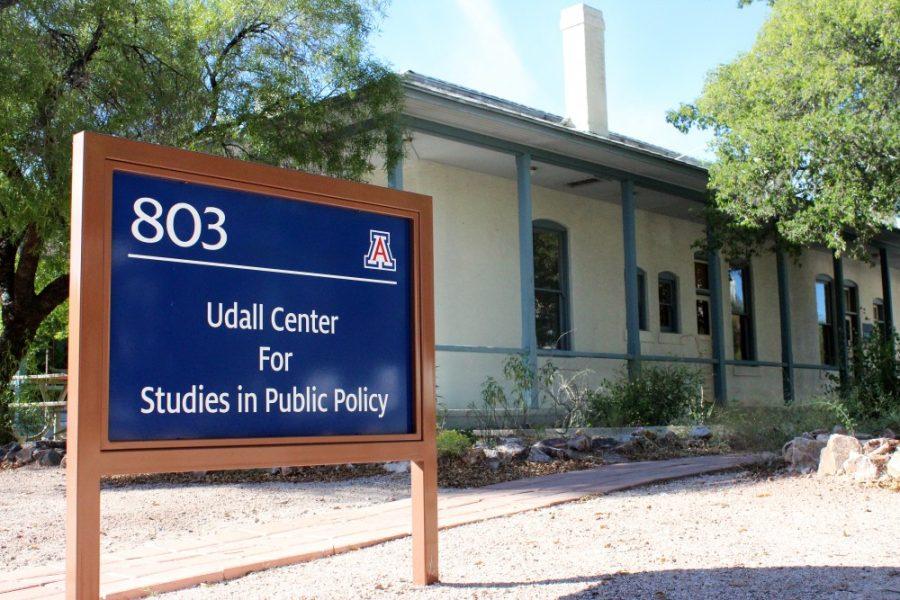The Native Nations Institute, housed at the UA’s Udall Center for Studies in Public Policy, is launching a Constitutions Resource Center on Oct. 10.
This free, online resource center will offer Native nations across the globe access to information about governance they can tailor to their own needs and a space that they can share narratives on the different ways nations have reformed their governments.
The NNI operates in an effort to help Native nations pursue and realize their own political, economic and community development objectives. Danielle Hiraldo, the institute’s tribal outreach specialist, said after years of research and tribal services, there seemed to exist a common need among nations to revise their constitutions.
RELATED: UA professor wins award for commitment to Native American communities
“What we find with Native nations, especially in the United States and then Canada, is that a lot of them are operating with a constitution that really wasn’t their own,” Hiraldo said.
Hiraldo explained that a constitution can be oral, not just written and can include traditional assigned roles and ways of electing leaders. Some nations have no constitutions, others want to reform theirs to fit their individual needs and a few were writing entirely new constitutions that no longer had the influence of the outside government, she said.
A unique feature of the Constitution Resource Center is that it’s all online and accessible 24 hours a day.
Joan Timeche, executive director of the NNI, said that the online aspect of the center affords people from all over the world access and doesn’t require someone from the institute to be on site. People can also use the content in educational settings and stream the videos directly from the website.
“It just allows a wide range of people access to this information and we’re hoping that our youths will become more interested in this and hopefully engage,” Timeche said. “We have a lot of people out in Indian country who don’t utilize the internet as much as the younger generation, so it should appeal to a wide range of folks as well.”
The online center will provide general information about what a constitution looks like within a Native nation and will analyze popular elements of constitutions, such as preambles. The CRC will provide all of this through stories told by nations who are thinking about, or engaged, in reform or have completed restructuring of their government. It will also give information about what to do next after the changes have been made.
The CRC was largely funded by the Morris K. Udall and the Stewart L. Udall Foundation. It will be a new component within NNI’s Indigenous Governance Database and while it is run through the NNI, it is separate from the department’s own website.
The NNI currently connects with nations all over the US, Canada, South America, New Zealand and Australia.
RELATED: UA student receives health policy fellowship
“As indigenous peoples, we have diverse culture, we have diverse histories,” Hiraldo said. “But at the same time we are still dealing with a lot of common governance challenges and I think that having a resource that has all of the tools and different people telling their stories in one place, I think that we can help our own communities in that way.”
Those accessing the site will be able to find materials they might need in while in various stages of reform. Although the launch of the site has a set date, the CRC will be a work in progress as more information and resources get added over time.
“We just have too much information that we want to share, so the launch is the beginning of it and we’ll continue to add to it,” Timeche said. “The hope is that over time, we’ll be more responsive to the audience and readership … and that we’ll be able to meet some of their needs as we move forward.”
Follow Leah on Twitter.









